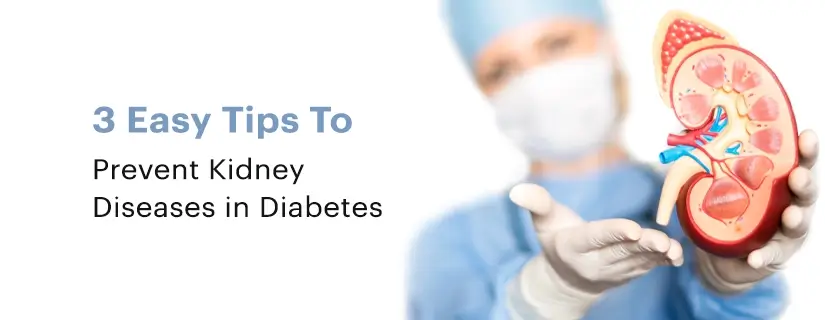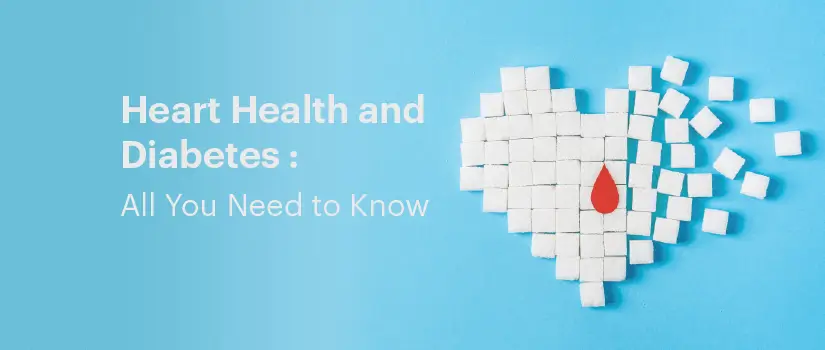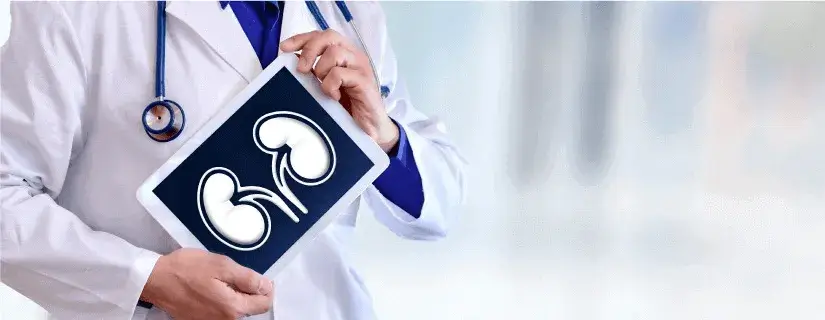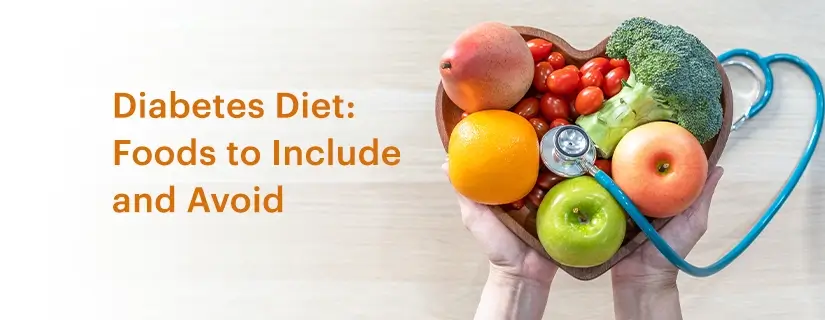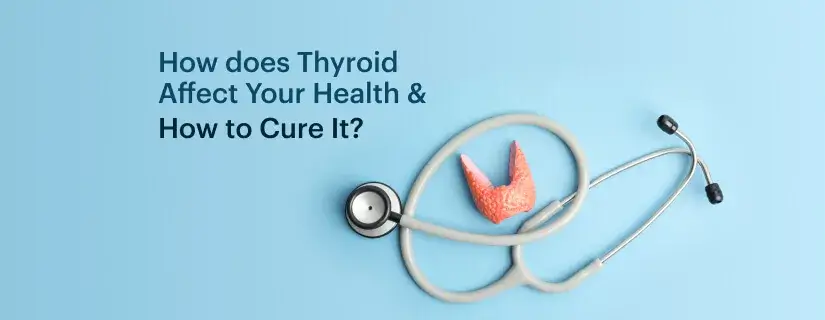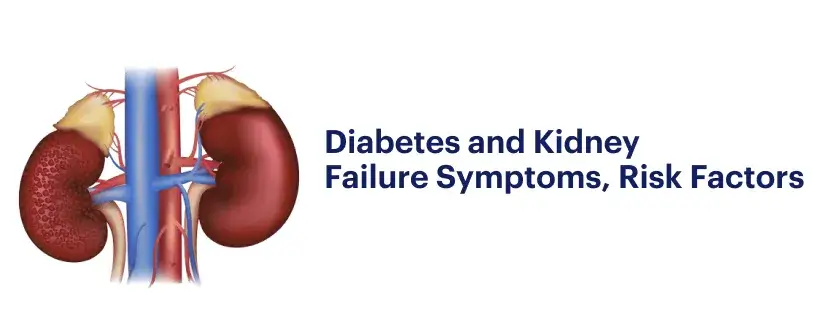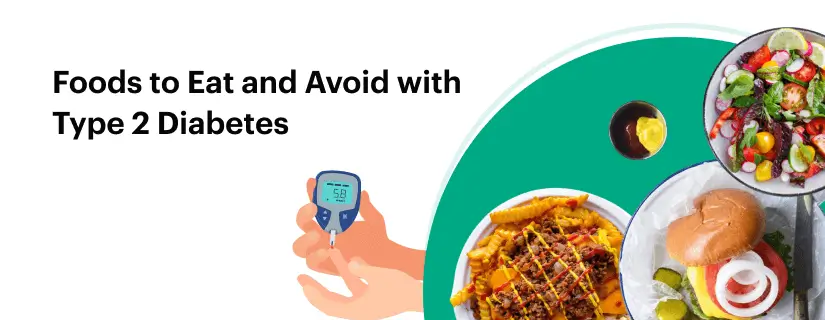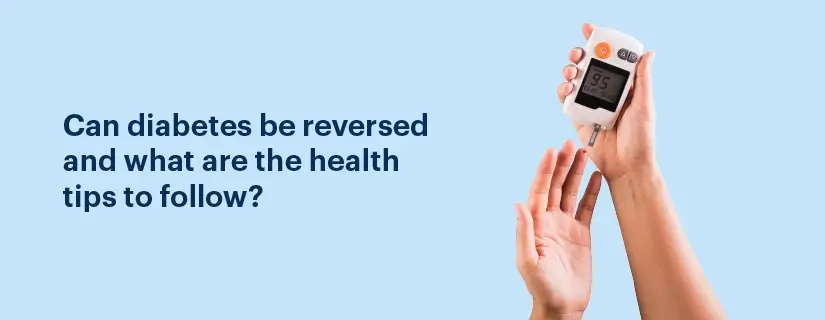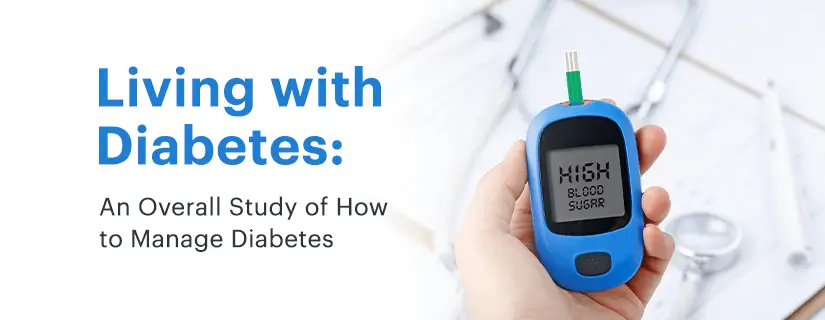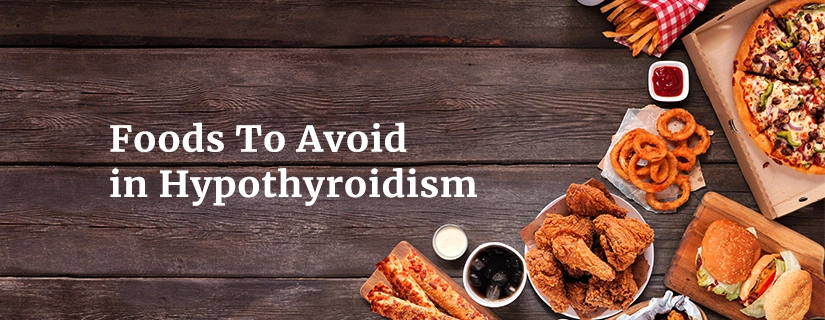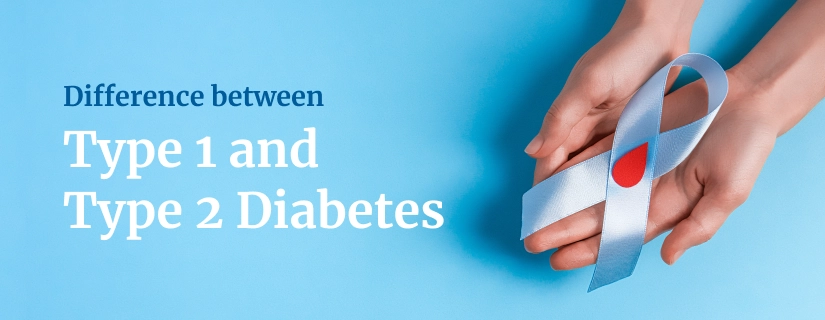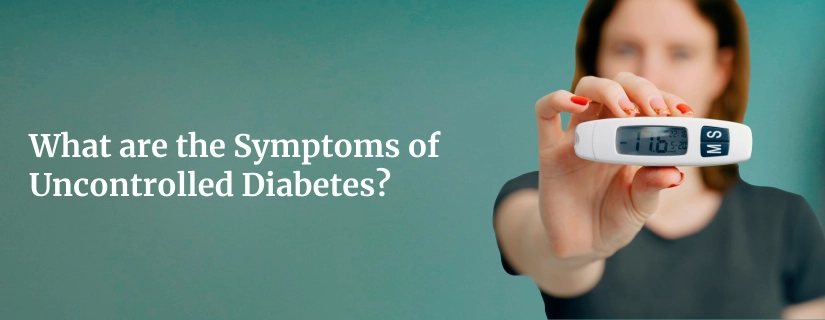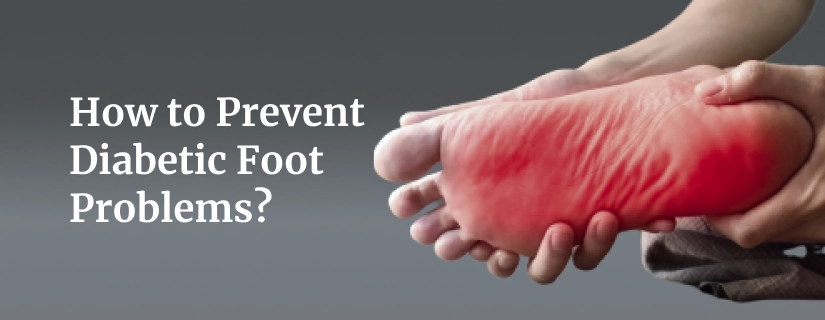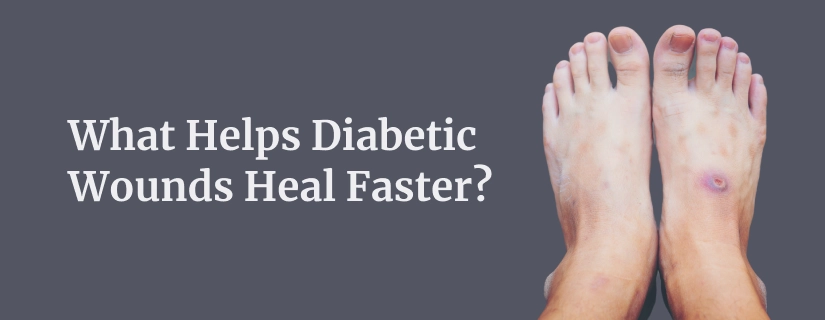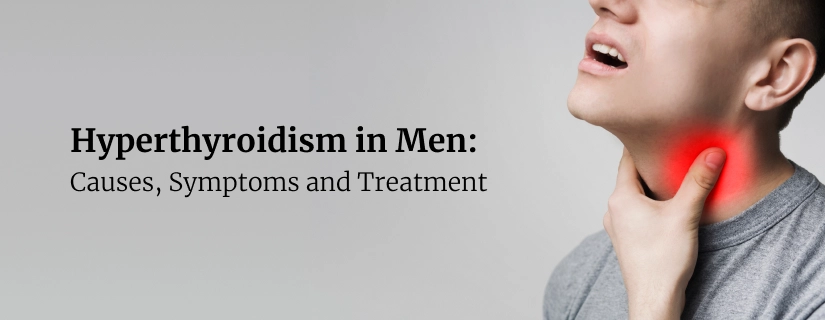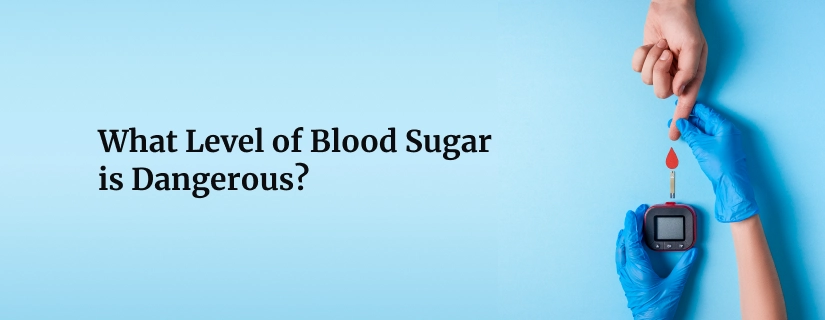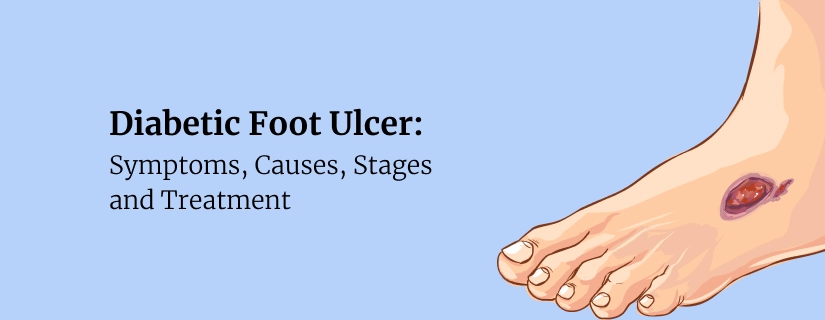-
Doctors
-
Specialities & Treatments
Centre of Excellence
Specialties
Treatments and Procedures
Hospitals & Directions HyderabadCARE Hospitals, Banjara Hills CARE Outpatient Centre, Banjara Hills CARE Hospitals, HITEC City CARE Hospitals, Nampally Gurunanak CARE Hospitals, Musheerabad CARE Hospitals Outpatient Centre, HITEC City CARE Hospitals, Malakpet
HyderabadCARE Hospitals, Banjara Hills CARE Outpatient Centre, Banjara Hills CARE Hospitals, HITEC City CARE Hospitals, Nampally Gurunanak CARE Hospitals, Musheerabad CARE Hospitals Outpatient Centre, HITEC City CARE Hospitals, Malakpet Raipur
Raipur
 Bhubaneswar
Bhubaneswar Visakhapatnam
Visakhapatnam
 Nagpur
Nagpur
 Indore
Indore
 Chh. Sambhajinagar
Chh. SambhajinagarClinics & Medical Centers
Book an AppointmentContact Us
Online Lab Reports
Book an Appointment
Consult Super-Specialist Doctors at CARE Hospitals
Understanding the Relationship Between Diabetes and Hypertension
Updated on 22 May 2023
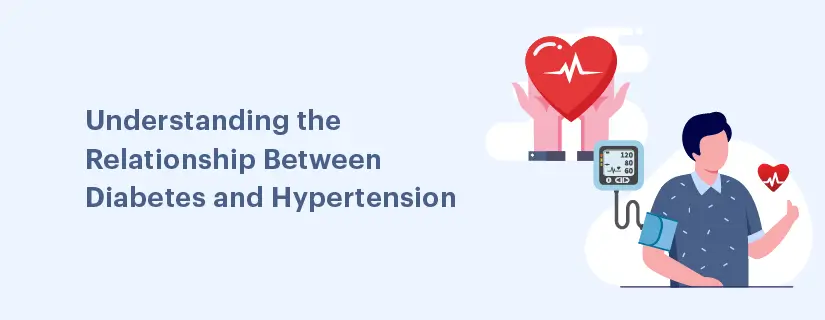
Diabetes and hypertension, also known as high blood pressure, are two of the most common chronic diseases worldwide. While they are distinct conditions, there is a link between the two. Understanding the connection between diabetes and hypertension is crucial to effectively manage and prevent complications. You will need to consult a medical practitioner for both conditions But being aware of the link will help you make lifestyle changes that can help manage the situation better.
What are Diabetes and Hypertension?
Diabetes is a condition that occurs when the body is unable to produce or effectively use insulin, a hormone that regulates blood sugar levels. Hypertension, on the other hand, is a condition in which the force of blood against the walls of the arteries is too high. They are both risk factors for atherosclerosis and its complications like heart attack and strokes.
What is the link between diabetes and hypertension?
Insulin resistance:
People with diabetes often have insulin resistance, which means their cells are less responsive to insulin. Insulin resistance can cause the body to produce more insulin. Statistically, most hypertensives have insulin resistance. Insulin is a hormone produced by the pancreas that helps regulate glucose (sugar) levels in the blood. Insulin resistance is a condition in which the body's cells become less responsive to insulin, leading to higher levels of glucose in the blood.
When insulin resistance occurs, the pancreas tries to compensate by producing more insulin in an attempt to lower blood glucose levels. However, the body's cells continue to resist insulin, so the pancreas produces even more insulin, leading to high levels of insulin in the blood (hyperinsulinemia).
Hyperinsulinemia can have several effects on the body, including increasing blood pressure. Insulin promotes the retention of salt and water in the body, which can increase blood volume and therefore increase blood pressure. Additionally, insulin can stimulate the production of other hormones, such as aldosterone, that also increase blood pressure.
Furthermore, high levels of insulin can cause the walls of blood vessels to become thicker and less flexible, leading to an increase in resistance to blood flow and higher blood pressure.
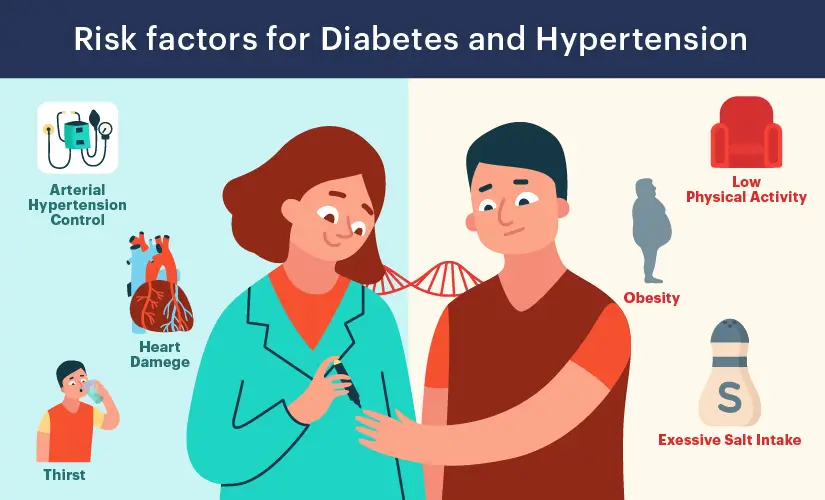
Damage to blood vessels:
High blood sugar levels can damage blood vessels over time, making them less elastic and more prone to narrowing. This can lead to hypertension.
Kidney disease:
Diabetes can damage the kidneys, leading to a condition known as diabetic nephropathy. Kidney damage can cause the body to retain salt and water, which can increase blood pressure.
Obesity:
Obesity is a risk factor for both diabetes and hypertension. Excess weight can lead to insulin resistance, high blood sugar, and high blood pressure., insulin resistance can lead to a cycle of increased insulin production, hyperinsulinemia, and increased blood pressure. It is important to manage insulin resistance through lifestyle changes such as a healthy diet and regular exercise, and in some cases medication, to prevent the development of complications such as hypertension and cardiovascular disease.
Inflammation:
Chronic inflammation is associated with both diabetes and hypertension. Inflammation can damage blood vessels and lead to insulin resistance.
Treatment Options for Diabetes and Hypertension
The treatment for diabetes and hypertension often involves a combination of lifestyle modifications, medications, and regular monitoring. It's essential to work closely with healthcare professionals to create an individualized treatment plan. Here are common approaches for managing diabetes and hypertension:
1. Lifestyle Modifications:
- Healthy Diet: Adopting a balanced and nutritious diet, focusing on whole foods, lean proteins, fruits, vegetables, and whole grains. Limiting sodium intake is crucial for managing hypertension.
- Regular Exercise: Engaging in regular physical activity, such as brisk walking, jogging, swimming, or cycling, can help control blood sugar levels and lower blood pressure.
- Weight Management: Achieving and maintaining a healthy weight through a combination of diet and exercise is essential for managing both conditions.
- Limiting Alcohol and Quitting Smoking: Moderating alcohol intake and quitting smoking contribute to overall cardiovascular health.
- Stress Management: Practicing stress-reduction techniques, such as meditation, deep breathing, or yoga, can help manage stress, which may impact both conditions.
2. Medications:
- Antidiabetic Medications: Depending on the type of diabetes, medications such as metformin, insulin, sulfonylureas, or other classes of antidiabetic drugs may be prescribed.
- Antihypertensive Medications: Various classes of medications, including diuretics, beta-blockers, ACE inhibitors, angiotensin II receptor blockers (ARBs), and calcium channel blockers, may be prescribed to manage hypertension.
- Combination Therapies: Some individuals may require a combination of antidiabetic and antihypertensive medications to achieve optimal control.
3. Regular Monitoring:
- Blood Glucose Monitoring: Individuals with diabetes need to regularly monitor their blood glucose levels to adjust medications and lifestyle as needed.
- Blood Pressure Monitoring: Regular blood pressure checks are crucial to monitor hypertension. Home blood pressure monitoring devices can be helpful.
4. Regular Check-ups:
- Regular follow-up appointments with healthcare providers are essential to assess progress, adjust medications, and address any emerging issues.
How to prevent complications for Diabetes and Hypertension
Managing diabetes and hypertension is essential for preventing complications. Some of the steps that can be taken include
- Making some changes to your lifestyle- Switching from a sedentary to an active lifestyle may help in managing blood sugar and pressure levels.
- Weight management - Maintaining a healthy weight that is proportionate to your height and age is important for reducing health complications.
- Regular exercise - If you can spend at least thirty minutes a day in exercise it would do you a world of good for general health and fitness and keeping your sugar and pressure levels in control. Even a brisk walk in your neighborhood is good enough for a start provided you are regular.
- Stress management - Stress can impact your blood sugar and pressure levels. So, it is important to manage stress levels by staying positive, having a good sleep, eating right, and staying busy.
Making a few simple changes to your life can help contain your blood sugar and pressure levels largely. However, depending on the levels, you may require medical attention. Medications, such as antihypertensive drugs and insulin, may also be necessary to manage diabetes and hypertension. It's essential to work closely with your healthcare provider to develop a treatment plan that works for you.
Conclusion
Diabetes and hypertension are two chronic diseases that are closely linked. Insulin resistance, damage to blood vessels, kidney disease, obesity, and inflammation are all factors that contribute to the risk between the two conditions. Managing both diabetes and hypertension through lifestyle changes and medications is essential for preventing complications and maintaining overall health and well-being. If you wish to consult a medical professional to discuss your condition you can visit www.carehospitals.com to book an appointment.
FAQs
1. How do diabetics manage hypertension?
Diabetics control high blood pressure by making healthy lifestyle changes like eating well, exercising regularly, and taking prescribed medications. Regular check-ups with healthcare providers help ensure effective management.
2. What are normal BP and sugar levels?
Normal blood pressure is around 120/80. For blood sugar, fasting levels below 100 mg/dL and post-meal levels below 140 mg/dL are considered normal. An HbA1c level below 5.7% over several months is also good.
3. Does diabetes lower BP?
No, diabetes doesn't lower blood pressure. In fact, people with diabetes often have a higher risk of high blood pressure. Managing blood sugar levels, a healthy lifestyle, and prescribed medications are vital for controlling both conditions. Regular monitoring is key to overall health.

ENQUIRY FORM
SELECT CATEGORIES
-
Neurosciences (16)
-
Neurology (37)
-
Neurosurgery (14)
-
Orthopaedics (48)
-
Oncology (33)
-
Obstetrics and gynecology (51)
-
Pulmonology (23)
-
Urology (20)
-
Nephrology (13)
-
Psychiatry (7)
-
Dietetics and Nutrition (111)
-
General Medicine (63)
-
Cardiac Sciences (30)
-
Vascular & Endovascular Surgery and Interventional Radiology (10)
-
Gastroenterology (46)
-
Endocrinology (23)
-
Plastic Surgery (10)
-
Critical Care Medicine (5)
-
COVID-19 (16)
-
Dermatology (16)
-
Emergency Care (1)
-
Ophthalmology (4)
-
Pediatrics (14)
-
Laparoscopic and Bariatric Surgery (8)
-
ENT (15)
-
Kidney Transplant (1)
-
Liver Transplantation and Hepatobiliary Surgery (5)
-
General Surgery (3)
-
Internal Medicine (5)
-
Medicine Information
What is Insulinoma?
Foods to Gain Weight
YOU MAY ALSO LIKE
RECENT BLOGS
-

Direct Anterior Approach in Total Hip Replacement: Advantages and Challenges
10 April 2025
Read More
-

Zinc Deficiency: Signs and Symptoms, Causes, Treatment
9 April 2025
Read More
-

Chest Pain When Coughing: Causes, Treatment and Home Remedies
9 April 2025
Read More
-

12 Health Benefits of Eating Mushrooms
8 April 2025
Read More
-

7 Health Benefits of Blood Donation You Should Know About
8 April 2025
Read More
-

Implantation Bleeding Vs Periods: Know the Difference
28 February 2025
Read More
-

Bloating During Ovulation: Symptoms, Causes and Remedies
28 February 2025
Read More
-

Itching During Dengue: Causes, Treatment and Home Remedies
18 February 2025
Read More
Have a Question?
If you cannot find answers to your queries, please fill out the enquiry form or call the number below. We will contact you shortly.



